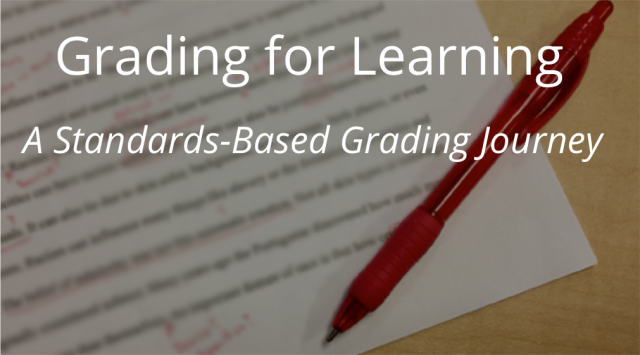It is hard to believe that we are half way through the school year. We have had a lot of new things happening at BMS this year. Through each of the changes, we are maintaining a relentless focus on our students. We know that our students are at a unique place in their development. Social, emotional, physical and intellectual growth is happening at a rapid pace. We continue to use the AMLE Research to guide the teaching and learning that take place at BMS. We recently communicated the importance of understanding the brain development of our adolescents and provide them strategies as they grow into understanding how to manage their impulses and organize themselves with more self-control. If you missed it, here is a good article on executive function that helps explain more about our MS students so we can encourage them to actively participate.
It has been an exciting first half of the year with many wonderful learning experiences happening across the school. We ended the second quarter with our BEARS Projects that focused on the Educated and Active Learning words in our common language acronym. Check out the pictures for some of the deep learning experiences the students were participating in that afternoon. It was a great time together and we appreciate the parents, grandparents and community members that joined us. It is great to be in a supportive community as we continue to push our students to Learn, Share, Innovate and Inspire! Go BEARS!
— Mr. Pollock (@MrPollockBMS) January 27, 2017
Hard to believe 1st semester is coming to a close - Ending 6th Gr. Drawing & Painting with a lovely watercolor ptg! @ByronMSBears #BMSBears pic.twitter.com/472pXzQo0L— Brooke Bordelon (@BrookeBordelon) January 22, 2017
Buka Ball with Mrs. Franck! @e_franck33 Fun and challenging twist of hacky-sac and badminton! #ExploratoryDay #BMSBears pic.twitter.com/bcFw7f50I5— Mr. Pollock (@MrPollockBMS) January 27, 2017
— Mr. Kratt (@Mr_Kratt) January 26, 2017
— Mr. Kratt (@Mr_Kratt) January 26, 2017








